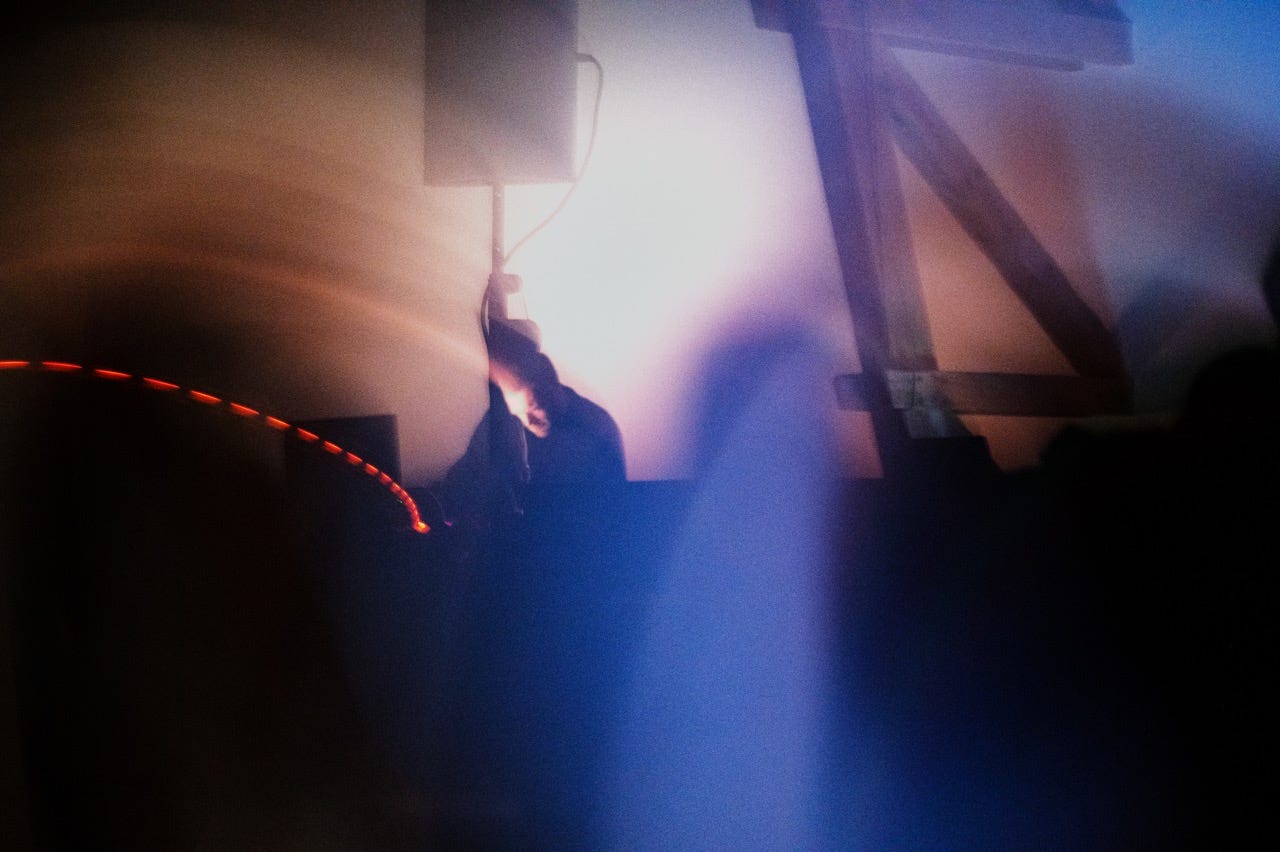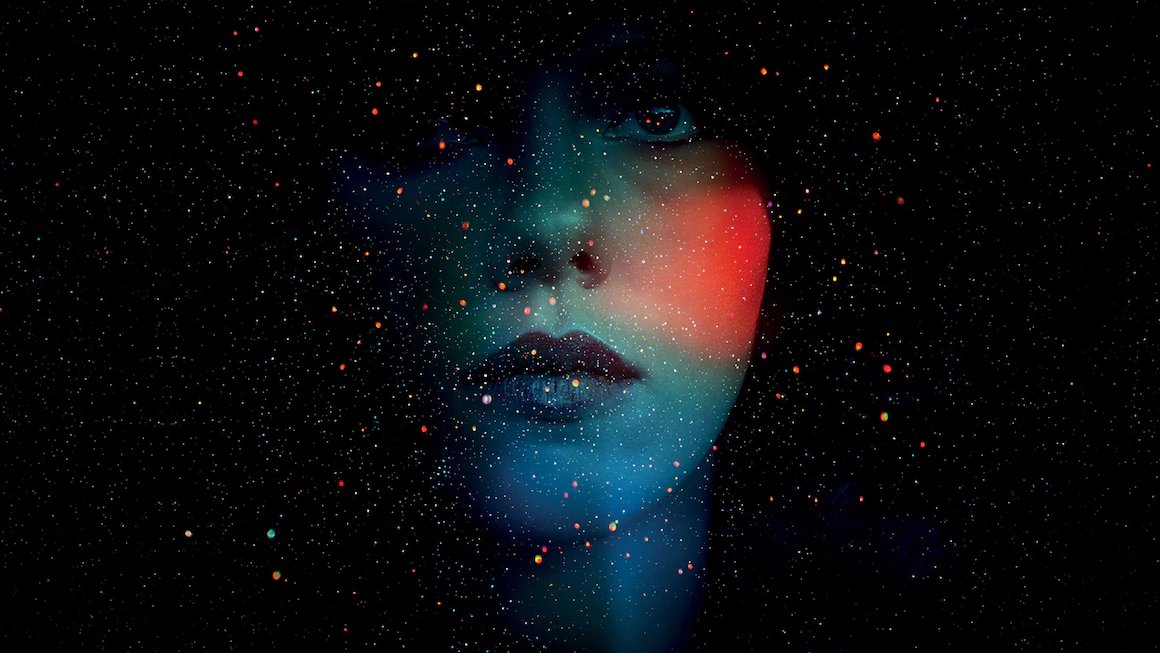Creativity, Sound & Health
From the physical to the transcendent
So here goes….
I have been avoiding writing about this for seven years, ever since I did a Fellowship with the NHS on sound and music’s role in healthcare. I am still somewhat self-conscious about it now as it seems a bit beyond my pay-grade. I am a musician and teacher, but I also have a deep interest in the intersection between creative and spiritual life and how this can impact the quality of life for people. The subject reaches into all aspects of life, all the way to the deepest parts of what makes us human and what makes us conscious, so it is inevitably a little daunting. I will do my best to speak from my own experience which will help to keep me grounded and from drifting into too much speculation, although of course I will also be doing some of that!
Which leaves one final thing to say; namely that I have no great knowledge to share and no great desire to pretend to it. I am interested in it and have devoted some time exploring it. It is a subject which needs to be examined in all seriousness at all levels. In following articles I’ll talk more about the intersections of creativity, education, mental health, sound, music and whatever else crosses the threshold of thought.
As a human being one has been endowed with just enough intelligence to be able to see clearly how utterly inadequate that intelligence is when confronted with what exists. If such humility could be conveyed to everybody, the world of human activities would be more appealing.
—Albert Einstein
Definitions
Creativity, sound and health are three huge subjects. Health can be taken at the physical, the mental, and the transcendent levels. It is the health of our institutions, our culture, our society, and our planet. And all of these aspects are relevant as they all intersect and influence each other, our own mental and spiritual health reflected in the health of our environment. The current crisis of our planet’s health is reflected at every level of our society, and the poor state of mental health is apparent in every context.
Sound is perhaps an even more vast subject, covering music, but also language, communication, the sound of our environment, noise, medical ultrasound and ultimately resonance, vibration and energy. On an energetic level, that means everything, all the way down to the quantum foam.
And creativity? Creation is one of the cornerstones of the human experience; the ability to conceive of something and then to create it is a singular pleasure. Creativity exists in all aspects of life, and the ability to think creatively is perhaps the single most useful skill in life. The age we live in has become increasingly detached from the actual, and enamoured with the conceptual, so the exercising of the creative faculties holds greater and greater importance.

Intersections
How these three intersect is thus of course an almost unlimited subject, and it seems that we should discover a mode of thought that allows for the endless possibilities, rather than trashing anything which doesn’t fit within a concept that is already tightly defined. For example, is it not possible to feel into the idea that sound and vibration may indeed have an impact on more subtle levels of our being without us even being aware of them? To me this seems entirely logical. We are all made of the same stuff, all the way down to the swirling energy of quantum probabilities. We are all sharing consciousness.
Which is not to say that this is not grounded in physical reality or observable data. Not at all. The scientific method is sound and where results are experienced they can be measured, even where we must also factor in consciousness. The problem comes when data is discounted because it doesn’t fit an existing framework. One of the most disappointing aspects of my research into sound in healthcare was just how narrow and limited the academic research into the subject was. The vast majority of studies were either incredibly limited in their outlook, focussing on something as banal as whether music was good for providing distraction to patients undergoing procedures (It was. Big wow.), or it was focussed on music’s effect on emotion and stress response. That’s all fine but it is taking an incredibly narrow view of the possible terrain.
What was most valuable from reading Iain McGilchrist’s work was his use of meta-analysis to scientifically validate ideas, where individual studies proved disappointingly vague, despite the frequent sensation that they should somehow say more. In the case of sound and health, there need to be many more studies, and with a smarter focus than simply asking if gong baths reduce stress. I am sure that they do, but there are much deeper and more interesting questions whose answers are already testified to by experience. There are many healers working with any number of modalities, and some of them have results which won’t fit neatly into existing frameworks. Currently, if a healing is unexplained by medical science it is simply pushed to one side and declared ‘anomalous’*. What is unexplainable to one group of people may be entirely explainable to another. And then again there is the conscious ingredient of intention, perhaps the most important of all, which currently isn’t even a factor in Western medical thought.
This question of intention is also present in the composition and performance of music for much the same reason. A performance infused with love and emotional integrity carries a lot more weight in experience. Again, I can’t point to a statistic or a scientific study which validates my claim, but I know what I feel and experience. Music has an incredible power to it, an ability to transcend and communicate, and also heal.
*AHE is the acronym given to Anomalous Healing Experiences. And an acronym perhaps denotes the first stages of legitimacy in Western medical thought.
Approaches
There are some fascinating parallels between creative and spiritual life, and well established links between both of them and their positive effects on health. The interaction between spirituality and mental health can perhaps best be outlined by C.G.Jung who worked his whole life as a psychotherapist dealing with patients’ mental health. He said:
The main interest of my work is not concerned with the treatment of neurosis but rather with the approach to the numinous. But the fact is that the approach to the numinous is the real therapy and inasmuch as you attain to the numinous experiences, you are released from the curse of pathology.
(’Numinous’ is defined as “supernatural, mysterious; filled with a sense of the presence of divinity : holy; appealing to the higher emotions or to the aesthetic sense : spiritual”)
Creative and spiritual approaches share the necessity of getting outside of the thinking mind, and of being in the moment without mental reflection. It seems it is the thinking process that is at the root of anxiety, and of many other forms of poor mental health, perhaps all. I believe the practice of operating in this alternative mode helps to weaken these mental habits of thought, and act as a release from the wheel of destructive overthinking.
My own experience has been firstly with teaching, and the effects of creative practice on mental health. I have had a number of students working with serious mental health issues, including schizophrenia, psychosis, anxiety and ADHD. My experience isn’t quantifiable, or measurable in scientific terms, but its veracity is undeniable in my judgement. And how does one measure the effect of personal care and interaction, and of individual attention and validation?
I have also noticed the effect on my own psychology of practicing meditation for 15 years, the ability to ‘zoom out’ of a situation and maintain a degree of clarity without becoming emotionally detached. For years I thought I had this sorted, but only much later realised that I was in fact bypassing everything and putting it in a sort of subconscious quarantine where it lurked and waited for its chance to surface as ill-health, unwelcome behaviours and a restless unease. Meditation has many other benefits too, but I think this can vary greatly with your intention when you practice. The ability to surrender more and ‘know’ less strike me as two of the most valuable.
In future posts I’ll talk more about more specific aspects of these interactions of ideas, of music and of the pleasure of living with creative practices. There is much too much focus on the negative aspects of life at present, and the best antidote is to devote energy and intention to improving the inner life. This is the birthplace of change in outer life, and of health for the Earth.
Relevant Reading:



